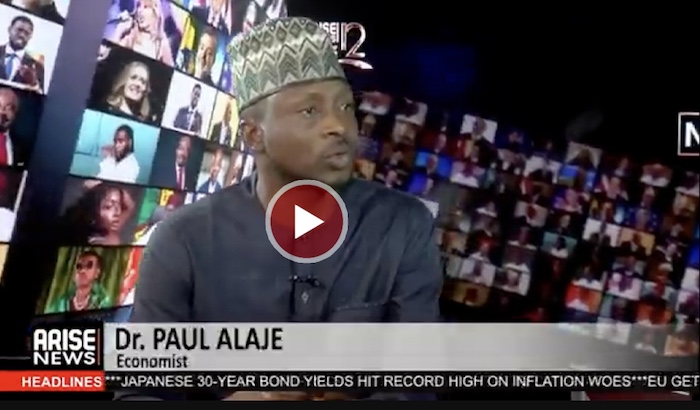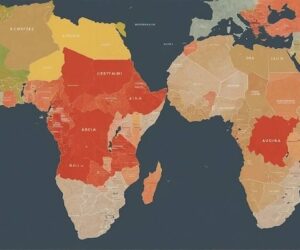Nigeria’s foreign reserves have risen to $41 billion, sparking cautious optimism about economic recovery. Economist, Paul Alaje has warned that the uptick will only be sustainable if the country reduces dependence on volatile oil revenues and foreign loans.
Speaking in an interview with ARISE NEWS on Friday, Alaje said Nigeria’s reserves were being driven by four key factors: crude oil sales, diaspora remittances, non-oil exports, and foreign loans. He explained that borrowed funds also form part of the reserves since the Central Bank converts foreign borrowings into naira equivalents for government spending.
“Over 70 percent of our foreign earnings come from crude oil. But diaspora inflows, non-oil exports, and loans also contribute,” Alaje said. “The challenge with crude oil is volatility. We cannot predict the future because global crises could crash prices.”
He stressed the importance of diversifying the economy, noting that Nigeria still imports raw materials despite abundant natural resources. “Having natural resources is not the same as having raw materials. We must build capacity to process them so manufacturers are less dependent on imports.”
On remittances, Alaje highlighted the role of Nigerians abroad in boosting local investment, particularly in real estate. “Thanks to diasporans, the real estate sector has improved. Many are investing because their foreign earnings exchange for more here,” he explained.
While the $41 billion reserve marks a recovery from a low of $12 billion in recent years, Alaje cautioned against overreliance on portfolio investments such as bonds and treasury bills, which he described as “short-term and unpredictable.”
“What authorities must ensure is that the reserves are built on sustainable sources non-oil exports and stable remittances,” he warned.
“Otherwise, we risk sudden outflows if investors pull out.”
He also linked long-term sustainability to government budget priorities. He advised that subnational governments raise capital expenditure to at least 50 percent. “The higher your capital expenditure, the more you can translate reserves into real economic impact,” Alaje said.
Despite concerns, he acknowledged rising investor confidence under President Bola Tinubu’s administration. Tinubu has repeatedly told foreign investors that “your money is safe in Nigeria.” Alaje said such assurances were vital but warned confidence could “quickly turn negative” if reforms fail.
Erizia Rubyjeana
Follow us on:








